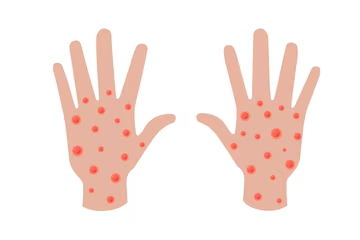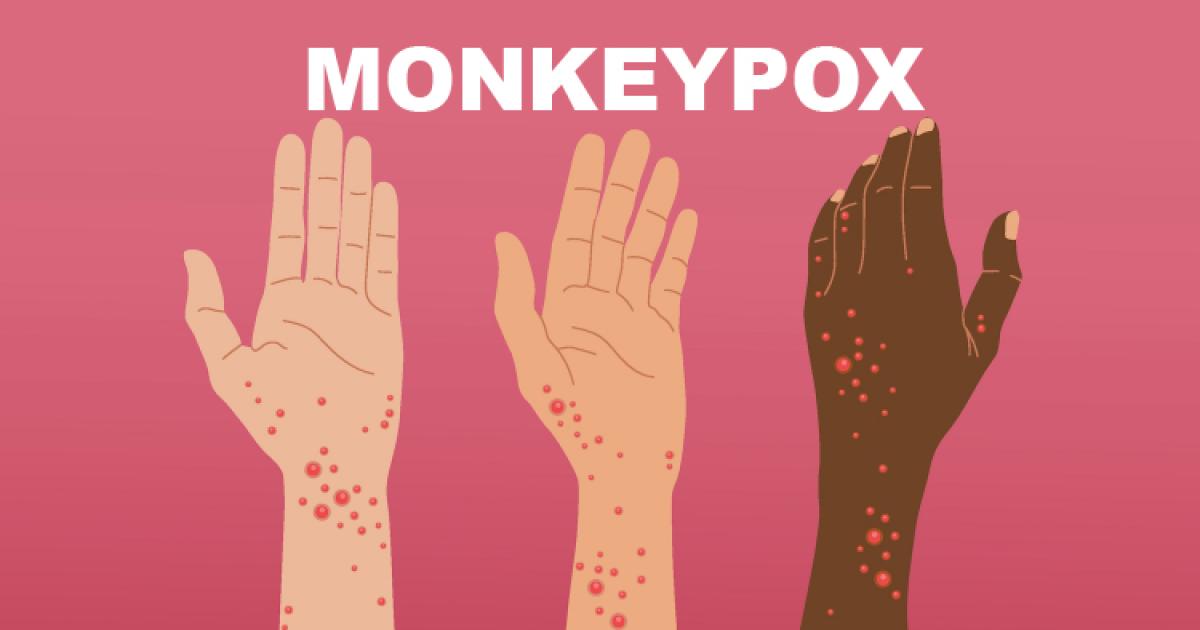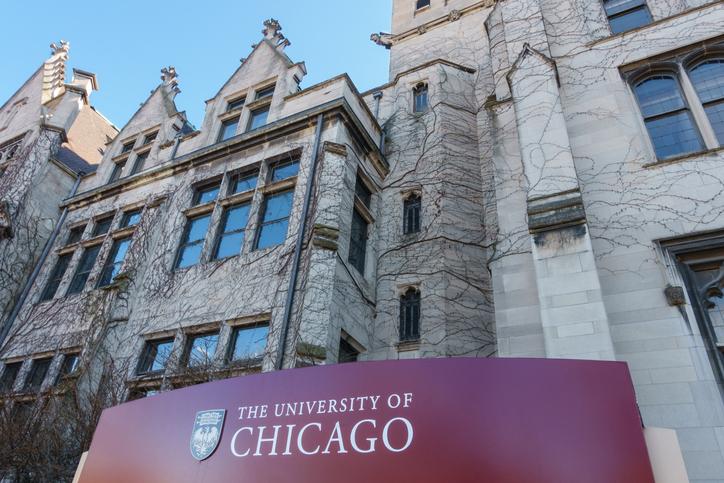Can Monkeypox be cured?
Monkeypox is a rare but serious viral disease caused by the monkeypox virus. This zoonotic virus belongs to the Orthopoxvirus genus in the Poxviridae family, which also includes the variola virus (smallpox), vaccinia virus (used in the smallpox vaccine), and cowpox virus. Monkeypox was first identified in laboratory monkeys in 1958, hence its name, but it primarily affects rodents and other small mammals. The first human case of monkeypox was recorded in 1970 in the Democratic Republic of Congo (DRC).
Table of Contents
Transmission of Monkeypox
Monkeypox can spread to humans from an infected animal through bites or scratches, direct contact with body fluids or lesion material, or indirect contact with lesion material, such as through contaminated bedding. Human-to-human transmission can occur through respiratory droplets during prolonged face-to-face contact, direct contact with body fluids or lesion material, and indirect contact with lesion material, such as through contaminated clothing or linens.
Symptoms of Monkeypox
The symptoms of monkeypox are similar to but milder than smallpox. The incubation period (time from infection to symptoms) for monkeypox is usually 7−14 days but can range from 5−21 days. The illness begins with:
- Fever
- Headache
- Muscle aches
- Backache
- Swollen lymph nodes
- Chills
- Exhaustion
Within 1 to 3 days (sometimes longer) after the appearance of fever, the patient develops a rash, often beginning on the face and then spreading to other parts of the body. The rash goes through different stages before finally forming a scab, which later falls off.
Diagnosis of Monkeypox
Diagnosing monkeypox can be challenging due to its similarity to other rash illnesses like smallpox, chickenpox, and measles. Laboratory tests are necessary to distinguish monkeypox from these other conditions. The preferred method of diagnosis is through PCR (polymerase chain reaction) testing of samples from skin lesions, such as the fluid from vesicles and pustules or dry crusts. Blood tests are generally not recommended for diagnosis due to the short duration of viremia compared to the duration of the disease.
YOU MAY ALSO READ: How Does Lupus Make a Person Feel?
Treatment Options for Monkeypox
There is currently no specific treatment approved for monkeypox. However, monkeypox and smallpox viruses are genetically similar, which means that antiviral drugs and vaccines developed to protect against smallpox may be used to prevent and treat monkeypox infections. These include:
- Tecovirimat (TPOXX): An antiviral medication approved by the FDA to treat smallpox. It may be used to treat monkeypox under an expanded access Investigational New Drug (IND) protocol.
- Cidofovir (Vistide): An antiviral drug that may be considered for treating monkeypox in severe cases.
- Vaccinia Immune Globulin Intravenous (VIGIV): Used for treating complications due to vaccinia vaccination but may be considered for monkeypox treatment in severe cases.
Preventative Measures and Vaccination
Vaccination against smallpox has been shown to provide protection against monkeypox. The CDC recommends that people who are at high risk for occupational exposure to orthopoxviruses, such as laboratory workers and healthcare professionals, consider getting vaccinated. Two vaccines may be used:
- ACAM2000: A second-generation smallpox vaccine that uses a live vaccinia virus.
- JYNNEOS (also known as Imvamune or Imvanex): A non-replicating live vaccine that has been approved for the prevention of smallpox and monkeypox.
Preventing the Spread of Monkeypox
Preventing monkeypox involves reducing human exposure to infected animals and limiting person-to-person spread. Key measures include:
- Especially sick or dead animals in areas where monkeypox occurs.
- Regular hand washing with soap and water or using an alcohol-based hand sanitizer.
- Wearing gloves, masks, and other protective clothing when caring for infected individuals.
- Keeping those with monkeypox separate from healthy individuals to prevent transmission.

Global Response and Research
Global health organizations are actively monitoring monkeypox outbreaks and researching to understand the virus better and develop more effective treatments and vaccines. The World Health Organization (WHO) and the Centers for Disease Control and Prevention (CDC) provide regular updates on monkeypox outbreaks, research advancements, and guidelines for prevention and treatment.
Conclusion.
While there is no specific cure for monkeypox, supportive care, vaccination, and antiviral treatments can help manage the disease and prevent its spread. Continued research and global cooperation are essential to combatting monkeypox and protecting public health.







One Comment